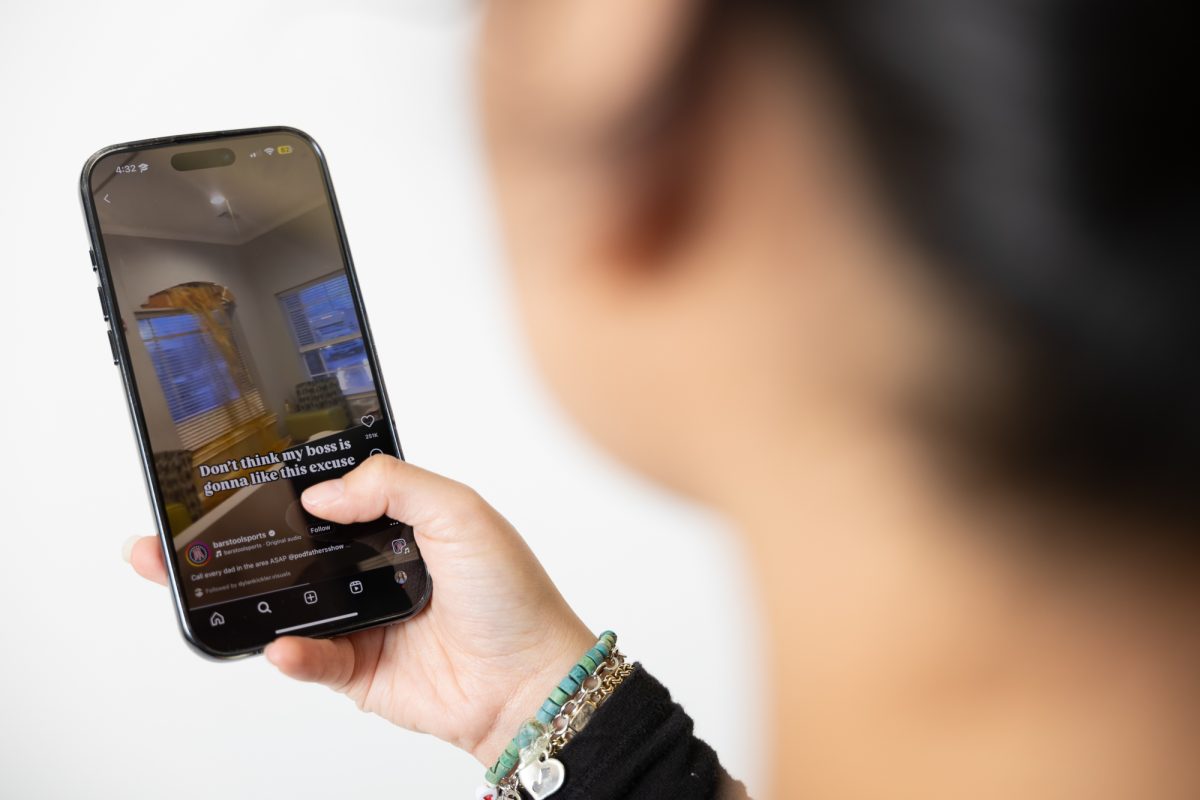You know the feeling: You’re registering for next semester’s classes, and you still have that one core curriculum requirement you just can’t find a course to fulfill. Furiously scrolling through the schedule builder, you see a host of bizarre classes held at terrible times, none of which interest you.
“Maybe I should just take this class and suck it up,” you think as you consider COMM 205: Communication for Technical Professions. “I’m never going to use the information, but at least it will be an easy A.”
Thankfully, your friend comes up behind you and tells you to scroll back up. There’s a new course that’s open for enrollment, and it has one spot left!
COMM 202: Romantic Communication is a course that doesn’t exist (yet), but in this imaginary scenario, it’s a class that you can take to fulfill your core curriculum requirement for communication.
You might initially be tempted to scoff at the prospect of a course on romantic communication. However, we need relationship education now and more than ever. Generation Z has a historically high percentage of single individuals for its age group, many among them having never dated at all. They aren’t going to suddenly become great partners in healthy romantic relationships by just “being themselves” (whatever that means) or receiving other types of vague advice typically given to those looking to establish new relationships.
Instead of repeating tired statements on how important communication is in a relationship or how critical it is to respect one another’s boundaries, perhaps we should endeavor to understand how to effectively employ these principles. In fact, it’s very easy to see how absurd it is to not study romantic communication once we consider a straightforward argument.
One of the things most commonly offered in communication and journalism departments is an interviewing course. I would wager the primary reason people take courses on interviewing is not because they want to understand what an interview is for its own sake but rather because they wish to obtain good jobs that allow them to enjoy the material comfort which (presumably) makes them happier. Understanding how to interview effectively simply allows them to achieve this end.
What is another thing that has a significant impact on people’s overall happiness? High quality relationships.
We know both through studies and common observation that the quality of someone’s romantic relationship can have a great positive effect on that person’s happiness. So, if we have courses on interviewing with the end goal of improving happiness, there should be no reason why we can’t have romantic communication classes with the same aim.
Still, there is a frightening objection that some might have to this course. Perhaps, in attempting to study romantic communication, we will further exacerbate the transactional nature of modern romance and paradoxically worsen the problems that plague our generation’s dating world.
I would argue that the intense study of a topic does not necessarily make it transactional, even if we have made the topic seem cold by systematizing it. For example, a hobbyist geographer may study the mountain ranges of Earth with great veracity and intensity, yet without seeking to “gain” something from their studies. Rather, they engage in the study for its own sake.
Similarly, we can engage in the study of romantic communication purely to understand how to be good partners. Contrary to what many romance movies or books might have you believe, love is not the sort of thing you fall into. It is more so an act, a devotion of oneself to another for their own good.
Sometimes, the things that seem to be the most basic are the most confusing and difficult. Maybe it should seem easy to find love and be a great partner, but sometimes it’s not. The reality is people are not simple, and “straightforward” relationship advice often does not work because it is applied to very complex social dynamics and people.
And that’s OK.
You can’t take a romantic communication course at Texas A&M yet, but you can master the fundamental skills. Learn how to communicate with anyone: your family, friends, classmates or just random strangers. Even if you’re mostly talking with people you already know, any improvement in your communication skills will yield a greater result for your future love life.
Finally, remember that love is a process. You don’t want a love that comes quickly and fades easily, but instead the kind that has a firm foundation. Work for that life now, and your efforts will be rewarded.
Kaleb Blizzard is a philosophy sophomore and opinion writer for The Battalion.

















David • Sep 11, 2024 at 12:53 am
Consider taking a course on interpersonal communication! It won’t exclusively focus on romantic attachments, but the topic is often covered in such courses.